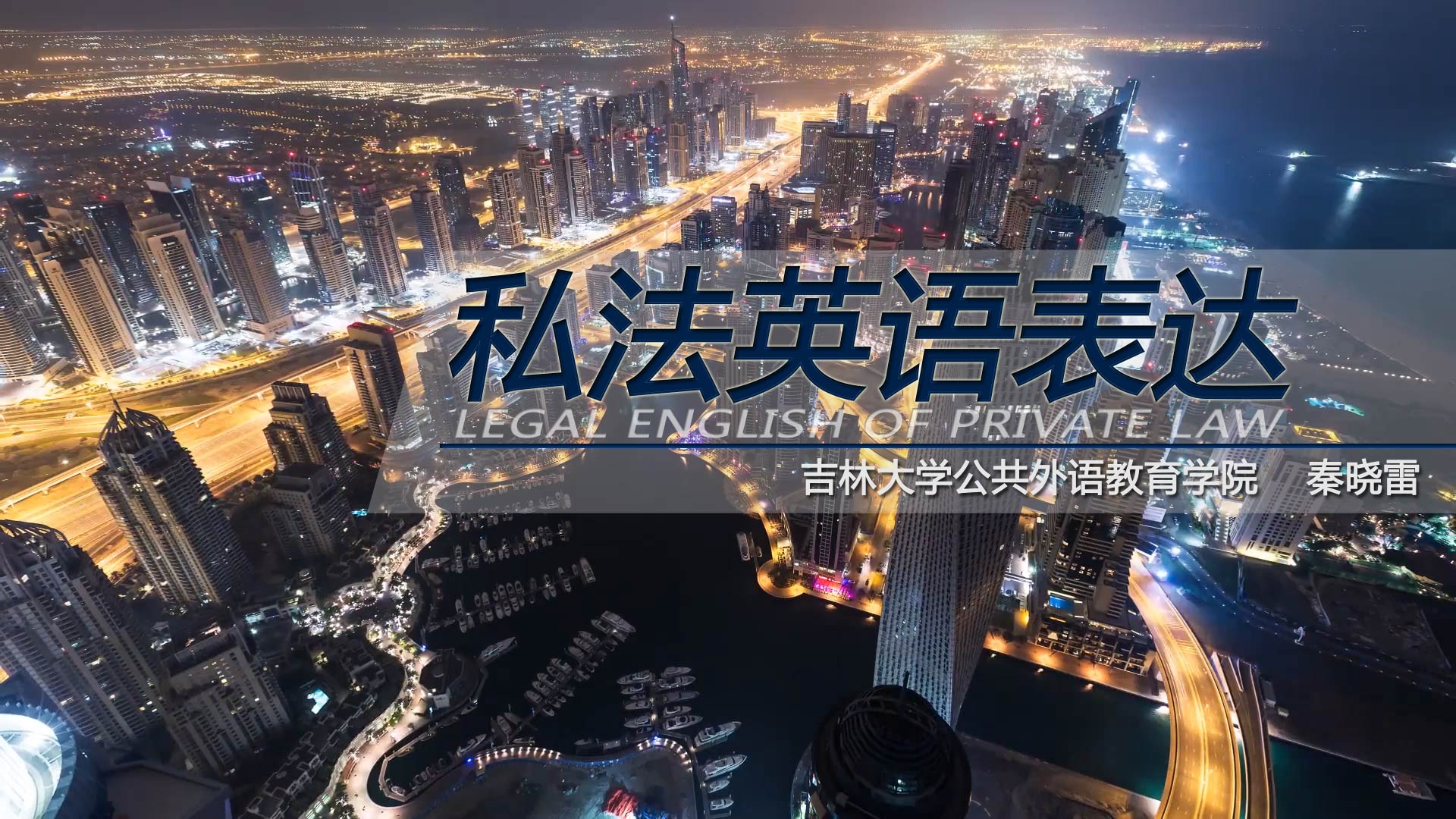第五章测试1.
offer对应
A:in bankruptcy, to issue an order of the court that all debts (with certain statutory exceptions) are forgiven and need not be paid. B:to annul or cancel an act, particularly a statement, document or promise, as if it no longer existed. Thus, a person can revoke a will or revoke an offer to enter into a contract, and a government agency can revoke a license. C:a specific proposal to enter into an agreement with another. An offer is essential to the formation of an enforceable contract. An offer and acceptance of the offer creates the contract. D:referring to a statute, contract, ruling or anything which is null and of no effect.
答案:C
2.
acceptance对应
A:Purpose/goal B:being able to perform any gainful employment C:a specific proposal to enter into an agreement with another. An offer is essential to the formation of an enforceable contract. An offer and acceptance of the offer creates the contract. D:receiving something from another with the intent to keep it, and showing that this was based on a previous agreement. 3.
binding对应
A:a specific proposal to enter into an agreement with another. An offer is essential to the formation of an enforceable contract. An offer and acceptance of the offer creates the contract. B:Imposing a legal obligation C:being able to perform any gainful employment D:Purpose/goal 4.
breach对应
A:be obedient to B:being able to perform any gainful employment C:the act of failing to perform one's agreement, breaking one's word, or otherwise actively violating one's duty to other. D:1) n. a voluntary agreement to another's proposition. 2) v. to voluntarily agree to an act or proposal of another, which may range from contracts to sexual relations. 6.
discharge对应
A: to annul or cancel an act, particularly a statement, document or promise, as if it no longer existed. Thus, a person can revoke a will or revoke an offer to enter into a contract, and a government agency can revoke a license. B:in bankruptcy, to issue an order of the court that all debts (with certain statutory exceptions) are forgiven and need not be paid. C:referring to a statute, contract, ruling or anything which is null and of no effect. D:Purpose/goal 11.
A contract is a voluntary arrangement between two or more parties that is (1) at law as a (2) legal agreement.
(1)为
A:Enforceable B:Binding C:Capacity D:Duress 12.
A contract is a voluntary arrangement between two or more parties that is (1) at law as a (2) legal agreement.
(2)为
A:Binding B:Offer C:Misrepresentation D:Acceptance 13.
A contract arises when the parties agree that there is an agreement. Formation of a contract generally requires an (3), (4), (5), and a mutual intent to be bound. Each party to a contract must have capacity to enter the agreement.
(3)(4)(5)分别为
A:Mistake B:Acceptance C:Consideration D:Offer 14.
Minors, intoxicated persons, and those under a mental affliction may have insufficient (6) to enter a contract. Some types of contracts may require formalities, such as a memorialization in writing.
A:Capacity B:Misrepresentation C:Offer D:Acceptance 15.
Vitiating factors constituting defences to purported contract formation, for instance, (7) means a false statement of fact made by one party to another party and has the effect of inducing that party into the contract.
A:Duress B:Misrepresentation C:Binding D:Mistake 16.
A (8) is an incorrect understanding by one or more parties to a contract and may be used as grounds to invalidate the agreement.
A:Acceptance B:Mistake C:Duress D:Misrepresentation 17.
(9) has been defined as a "threat of harm made to compel a person to do something against his or her will or judgment; esp., a wrongful threat made by one person to compel a manifestation of seeming assent by another person to a transaction without real volition.
A:Binding B:Enforceable C:Duress D:Capacity

